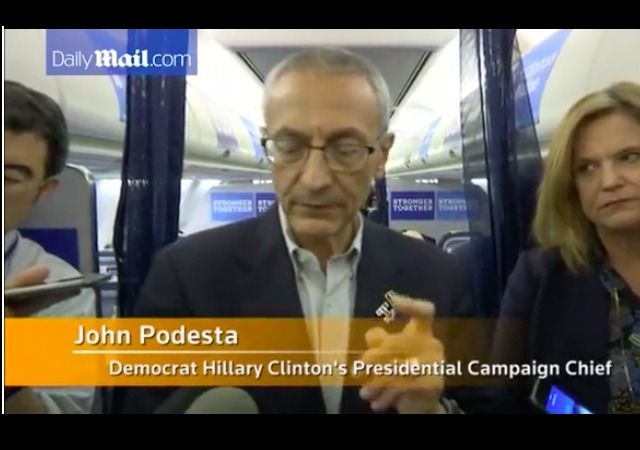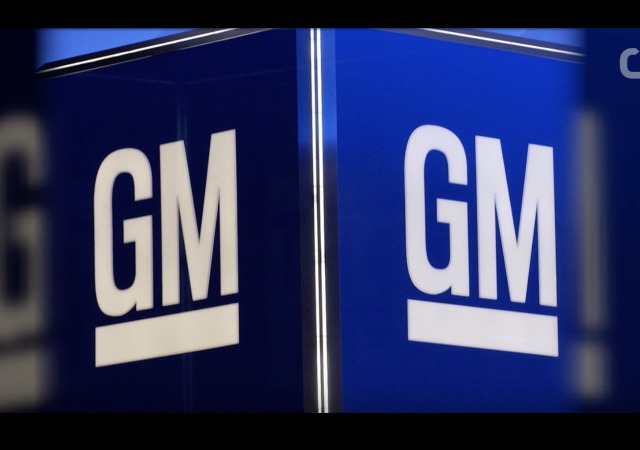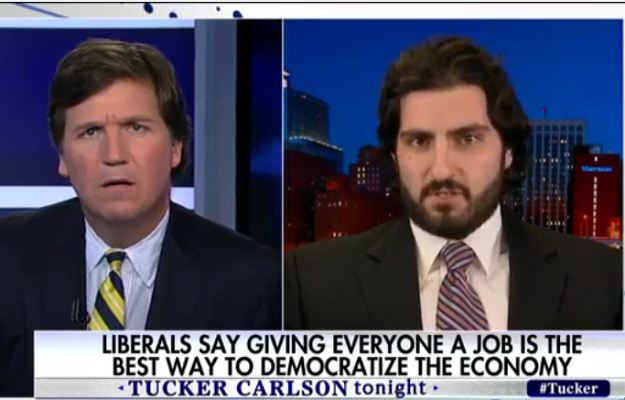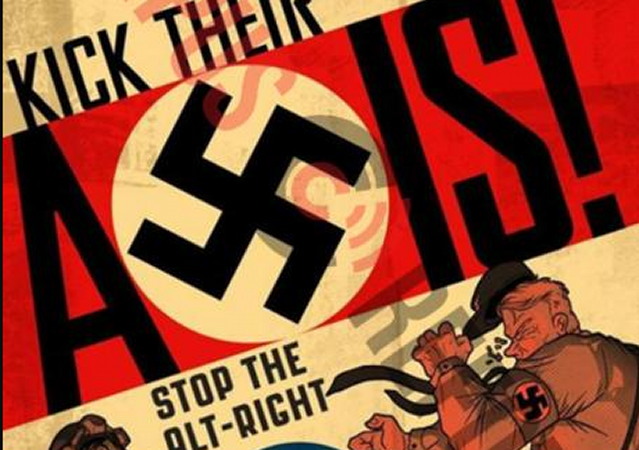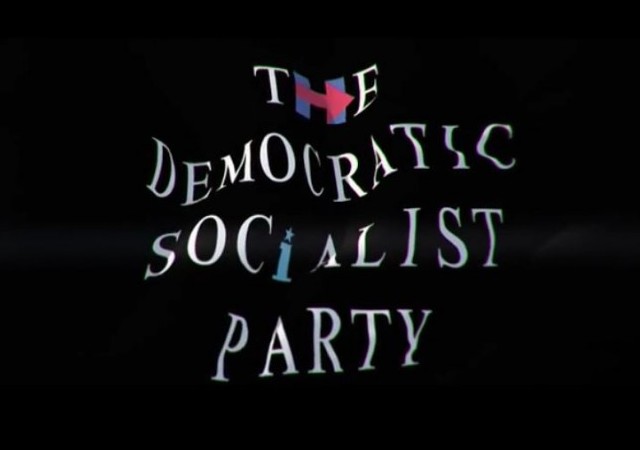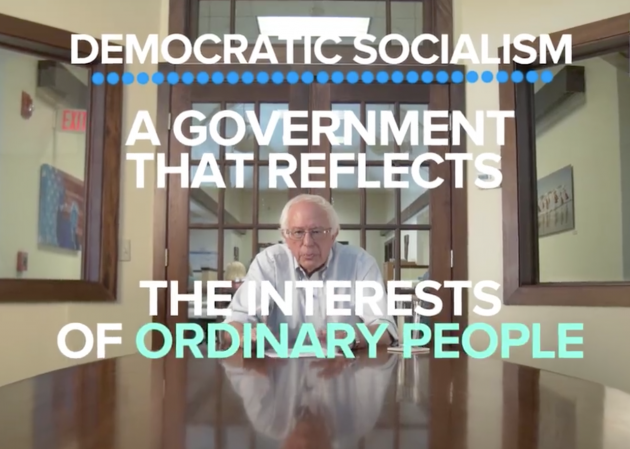The Marshall Plan, aka the European Recovery Program, was devised as a means of rebuilding a decimated Europe after World War II. The radical left apparently recognizes, if not accepts ownership of, the decimation their policies have wreaked on America and its people because they are now proposing a "Marshall Plan for America" designed to "rebuild" the America they've all-but-destroyed.
John Podesta's Center for American Progress (CAP) is the leader of this plan, signalling that the "centrist" Hillary Clinton arm of the Democratic Party has embraced the socialist-Democrat wing headed up by Bernie Sanders.
CAP is suddenly concerned with the white American working and middle classes "left behind" by the regressive left's identity politics, income redistribution efforts, and SJW fervor. Their solution to the "forgotten man"? More central planning, slightly muted but still prevalent identity politics, and of course and always, more income redistribution.

